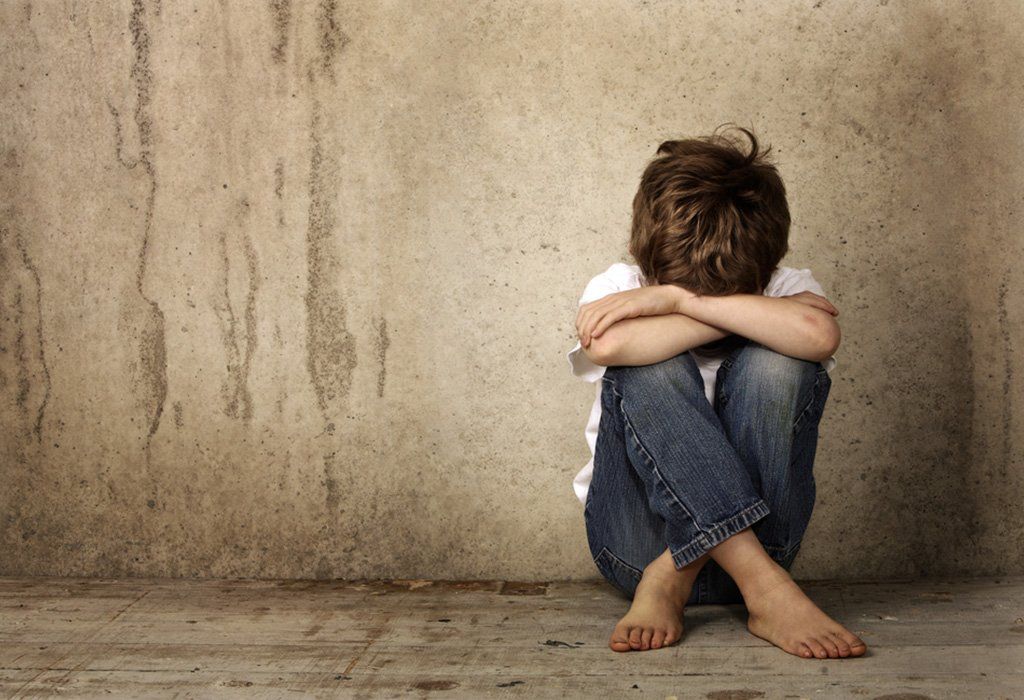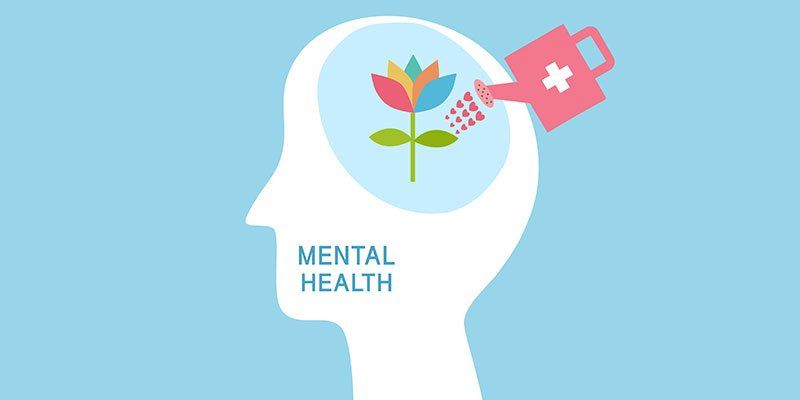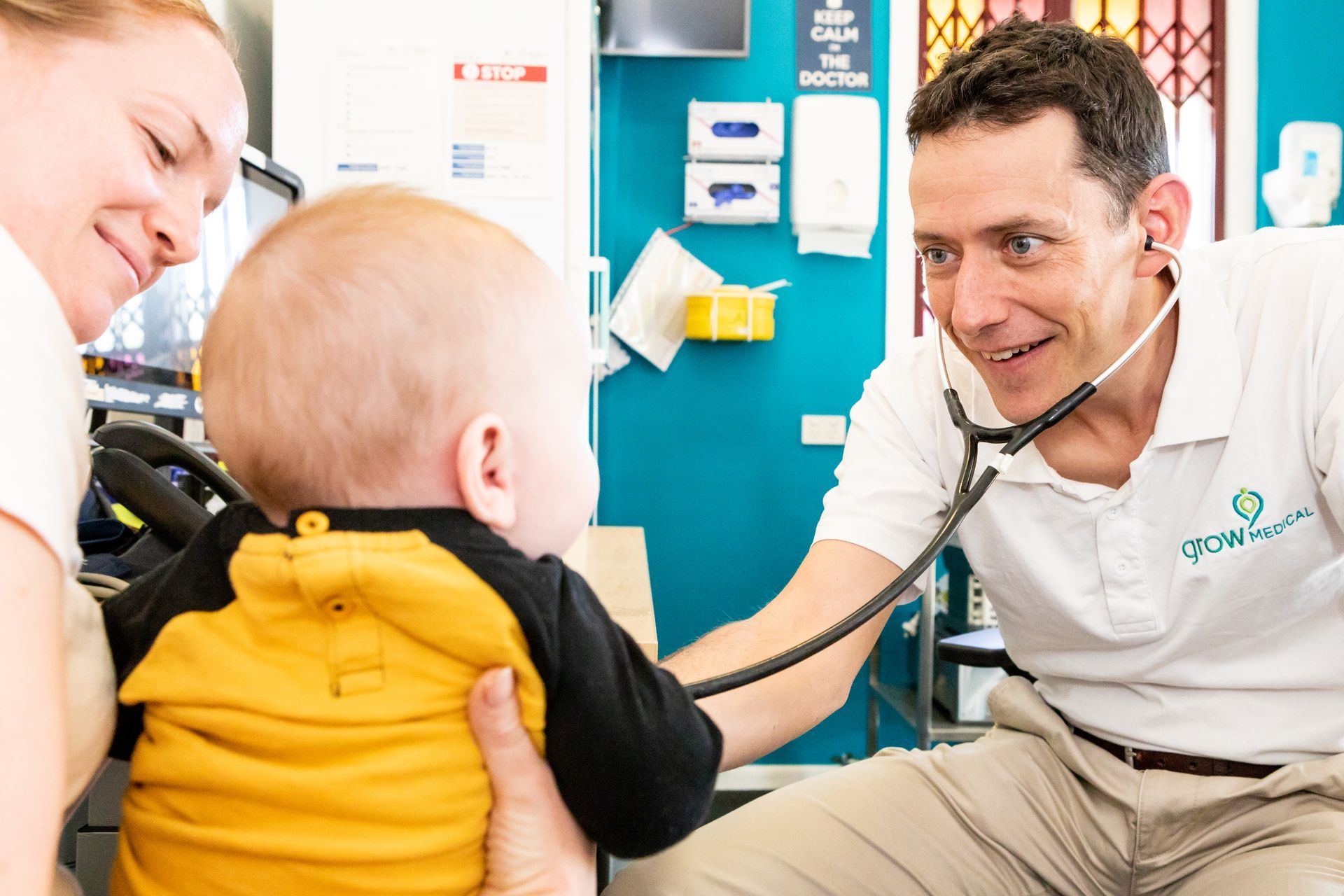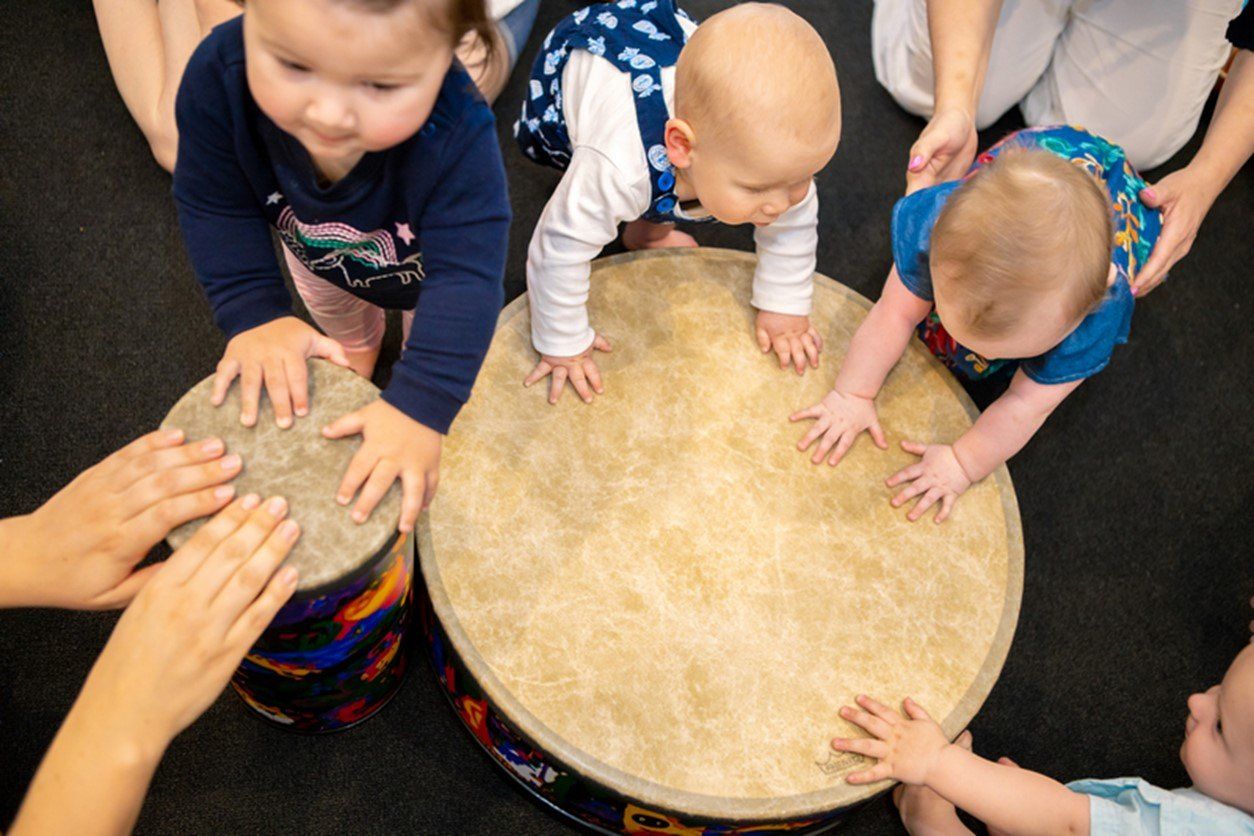Mental Health Awareness: Children and Adolescents - Tips for Concerned Parents
Some warning signs that your child may be struggling with low mood or anxiety
Warning signs include:
- Greater reluctance to attend school or their usual activities, such as sports or catching up with friends.
- Changes in sleeping patterns (sleeping more or less) and experiencing greater fatigue.
- Appearing more sad or irritable than usual and experiencing greater difficulty regulating their emotions.
- Change in appetite, either eating more or less.
- No longer enjoying the things they normally do.
- Greater difficulty concentrating and making decisions.
- Being more withdrawn and less talkative

What you can do to help a child with signs of mental health issues
Here's what parents & guardians can do to help:
- Share with your young person your concerns and the changes that you may have noticed. Headspace has some great ideas for helping you start the conversation about mental health. However, ensure the conversation is brought up at an appropriate time and place, and consider how to start the conversation in a non-judgemental and supportive way. Make sure you are in a frame of mind where YOU are ready to support and coach, not criticise.
- Set aside some regular time for check-ins, such as going for a walk together or having a tea together, so that they feel supported and have the opportunity to share the challenges they might be going through.
- Monitor your young person’s mood and behaviour and how this might change over time. It might be a good idea to start a journal or make some notes in your phone of the changes you see.
- Depending on how old your young person is, it might be worthwhile checking in with their teachers at school to see whether they have noticed any changes in mood or behaviour.
- Strive for consistency. There have been so many changes to day-to-day life over the past few years, however, we know that children and adolescents benefit from a sense of predictability and stability in their daily lives. This may be through established family rituals like family dinners, or the small moments, like their bedtime routines.
Where you can go for further help with your child's mental health
If you have noticed significant changes in your young persons’ mood or behaviour, they are likely to benefit from these professional support services:
- To access therapy and support from a psychologist, visit your GP for a Mental Health Care Plan. This will ensure that you can receive Medicare rebates to reduce the cost of the sessions (N.B. you are likely to still need to pay a gap fee).
- You can book an appointment with a GP for a Mental Health Care Plan
- Support lines:
- Lifeline: 13 11 14 or Webchat
- Kids Helpline: 1800 55 1800 or Webchat
Check out the resources from Headspace, Raising Children Network, and Kids Helpline for more information.

What to expect when seeking mental health support for your child
Here's what parents and guardians can expect when seeking mental health support for children:
- It is important to consider the ‘fit’ of a psychologist or therapist to your child. The relationship between the client and therapist is a big factor in the outcomes of therapy. The team at Growlife Medical know a lot of local psychologists and can help guide this to help you find a fit, and someone with availability.
- Consider whether now is the right time for you and your family. We want young people to have a positive experience, and ‘forcing’ them to attend may make them less likely to want to return in the future.
- The first session or first few sessions will involve initial assessments and history taking, so do expect that there may be no active ‘intervention’ for several appointments.
- Your child may be more comfortable with you or without you in the room. This varies, so consider what may suit your child better to help them open up.
Want to know more about dealing with children's mental health?
As always, this information forms generalised advice only. If you are wanting further information or a professional opinion in relation to your child and their wellbeing, please
book an appointment with one of our psychologists or your GP to discuss support options.
Other Child Health Articles










